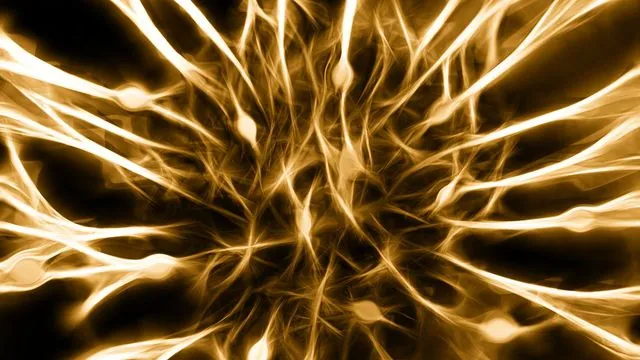
Groundbreaking Discovery Unveils Secrets of Neural Development
2024-11-27
Author: Yu
Introduction
In a significant breakthrough, researchers at the Wistar Institute, led by Dr. Alessandro Gardini, have successfully illuminated the complex biological processes that drive the development of neural cells. Their recent publication, titled "The enhancer module of integrator controls cell identity and early neural fate commitment," appears in the esteemed journal *Nature Cell Biology*, revealing a crucial molecular "bridge" that could reshape our understanding of early neural development and its implications for neurodevelopmental disorders.
Importance of Findings
Dr. Gardini emphasized the importance of their findings: "By achieving a better understanding of how the nervous system develops at the earliest levels, we are better positioned to assess the causes of and potential solutions to neurodevelopmental disorders. Our research provides valuable evidence that neural cell development is not solely driven by transcription factors."
The Journey of Biological Development
The journey of biological development begins with pluripotent stem cells, which hold the potential to transform into various specialized cells, including muscle, blood, and neural cells. As these stem cells respond to diverse biological signals, they undergo a remarkable transition. However, the exact mechanisms governing this transformation, especially into neurons during the critical process known as neurogenesis, remain poorly understood.
Research Focus on INST10
In their exploration, Dr. Gardini and his team focused on a key component of the protein complex known as Integrator, specifically the subunit INST10. They found that INST10 exhibited significantly higher levels in neural cells compared to other subunits of the Integrator protein complex, highlighting its essential role in neural cell identity. This research utilized a cell model that mimics early neural development to further ascertain the implications of diminished INST10 levels.
Results of the Study
Remarkably, the results showed that cells lacking adequate levels of INST10 deviated from their intended neural development and began to express genes associated with other cell types, like mesenchymal cells. This not only confirmed INST10's pivotal role in maintaining the identity of developing neurons but also provided insight into how disruptions in this process can lead to neurodevelopmental disorders.
Single-Cell Analysis Findings
At a single-cell analysis level, the study revealed that stem cells with reduced INST10 levels lost the expression of key neuronal genes, signaling a shift towards different cell lineages, including those related to intestinal or smooth muscle tissues. This critical discovery underscores the necessity of INST10 for preserving the identity and function of neurons throughout their lifecycle.
Implications of the Research
The implications of this research extend beyond academic curiosity; understanding these mechanisms could pave the way for innovative approaches to diagnose and treat neurodevelopmental syndromes. As the field progresses, the focus on factors influencing neural cell fate may unveil new strategies for combating disorders such as autism and schizophrenia, marking a vital step in the quest for neurohealth.
Conclusion
This transformative study not only deepens our understanding of neural development but also heralds a new era for therapeutic exploration and potential in addressing various neurodevelopmental disorders. The quest for answers continues, with new research anticipated to build on these foundations and unlock even more of the brain's mysteries.
Reference
Zhang Y, Hill CM, Leach KA, et al. The enhancer module of Integrator controls cell identity and early neural fate commitment. Nat Cell Biol. 2024. doi: 10.1038/s41556-024-01556-y



 Brasil (PT)
Brasil (PT)
 Canada (EN)
Canada (EN)
 Chile (ES)
Chile (ES)
 España (ES)
España (ES)
 France (FR)
France (FR)
 Hong Kong (EN)
Hong Kong (EN)
 Italia (IT)
Italia (IT)
 日本 (JA)
日本 (JA)
 Magyarország (HU)
Magyarország (HU)
 Norge (NO)
Norge (NO)
 Polska (PL)
Polska (PL)
 Schweiz (DE)
Schweiz (DE)
 Singapore (EN)
Singapore (EN)
 Sverige (SV)
Sverige (SV)
 Suomi (FI)
Suomi (FI)
 Türkiye (TR)
Türkiye (TR)